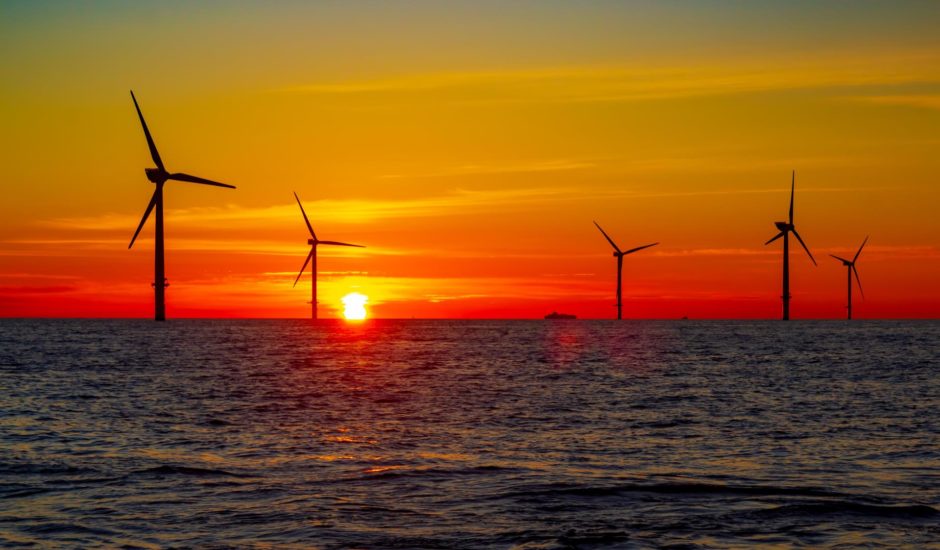
The UK oil and gas industry is expected to double down on green investments this year despite a deficit of confidence in the sector, according to a new survey.
Norwegian-based technical adviser DNV GL has today published its Industry Outlook 2021 report, which includes the views of 93 senior oil and gas professionals based in the UK.
It found that almost three quarters (72%) of respondents felt their organisation is actively adapting to a less carbon-intensive energy mix, up from 60% last year.
It’s also a marked increase on the global picture where 66% felt their firms were adapting their operations.
In the UK, just under half (43%) of respondents said that growing the renewables market is a stronger priority than decarbonising fossil fuels, compared to just 16% that said the opposite.
Accordingly, 56% of respondents said they expected their firm’s renewables portfolio to increase this year, up from 41% in 2020.
Hari Vamadevan, regional manager, UK and West Africa at DNV GL, said: “When you consider the battering that the industry has taken and the knock to confidence, I think part of the resilience that it shows is the ability to refocus and adapt to changes.
“You see that direct impact in both the broader investment decisions. What oil and gas investment there is is going into a shorter cycle – those projects that can be completed quickly and with less capex.
“The other bigger change is the fact that people are balancing their portfolios and around half are seeing their organisations commit to these projects with much lower emissions footprints.”
However, despite renewables being pinpointed as an area of growth for 2021 among the majority of senior oil and gas figures, confidence in the sector remains low.
Just 28% of respondents said they are confident about industry growth, a sharp fall from 59% in 2020.
Meanwhile, just under half (45%) said they expected their organisation to reduce its headcount this year, while just 14% thought it would increase.
The global picture is more buoyant, with 39% of respondents confident about industry growth, while just 36% expected their firm’s headcount to fall.
Mr Vamadevan said this could be down to the maturity of the North Sea basin, as well as the wider backdrop in the UK.
He added: “There’s much greater pressure in the UK from government, society and investors that they need to see change.
“The world is queuing up in terms of governments and industry to make net zero commitments and the UK is probably one of those where you see more pressures to decarbonise faster.
“Going forward, compared to 2014 confidence is actually 11% higher across the global industry. That was the last comparable price crash. I take a little bit of confidence that the sector does believe it can adapt and change.”
On what could be done to improve confidence in the UK sector, Mr Vamadevan said that the main driver would be an increase in demand for oil and gas.
The slump in commodity prices last year was brought on by a collapse in demand, resulting from the Covid-19 pandemic and exacerbated by the price war between Saudi Arabia and Russia.
Mr Vamadevan said: “In the UK the backdrop is pretty grim with regards to Covid-19 but with the vaccination programme there is light at the end of the tunnel and demand could return. The oil and gas sector is a long-term play in terms of investment decision, but it takes a lot of confidence from the short-term outlook for the oil price.
“That’s the difference between this downturn and 2014. Then there was too much supply but this time round it’s demand that has collapsed. As that recovers so will the oil price and I think we’ll see confidence come back quite quickly.”
Recommended for you


 © Supplied by DNV GL
© Supplied by DNV GL